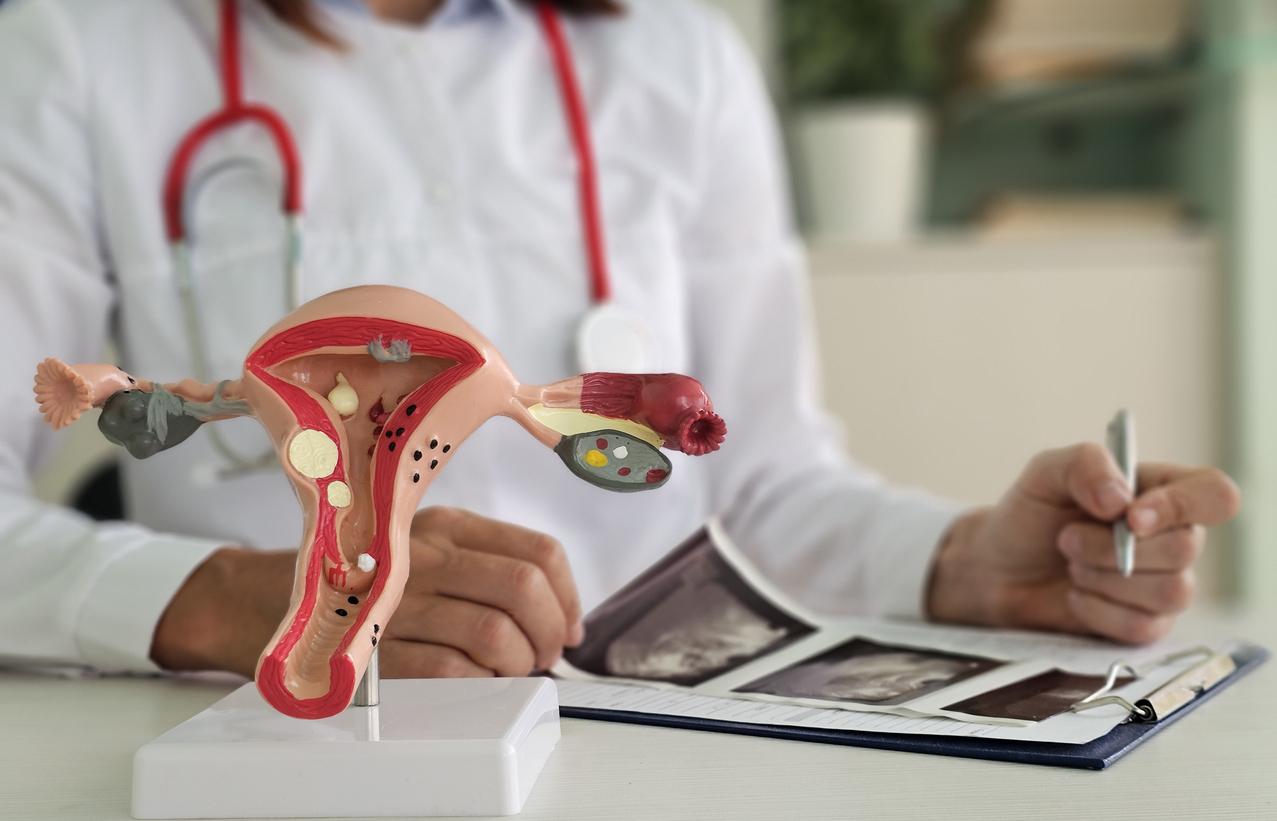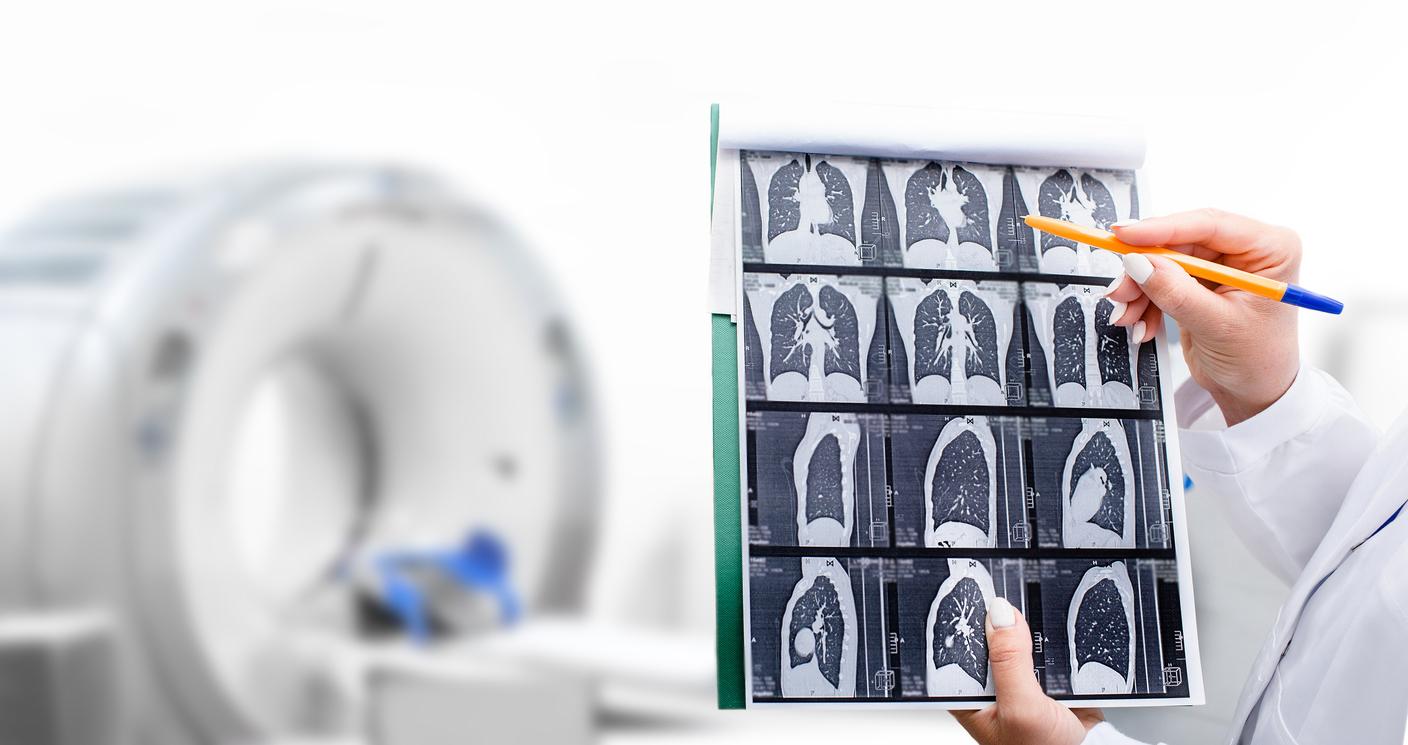
The newborn screening program is evolving, according to a government press release dated November 30. A new decree makes it possible to add the deficiency in acyl-CoA dehydrogenase of medium chain fatty acids (MCAD) to the diseases already detected at birth.
MCAD deficiency
MCAD is a rare inherited disease that can be fatal if left untreated. According to the HAS, between 1 / 8,000 and 1 / 25,000 babies are affected by MCAD deficiency in Europe. The disease is more prevalent in northern Europe. It is characterized by the body’s inability to break down the chains of certain fatty acids, the process of which is essential to transform them into a source of energy. Clinical signs are metabolic crisis, hypoglycemia, lethargy and vomiting. They may be accompanied by other symptoms such as seizure and coma, which can be fatal in the absence of emergency medical intervention. However, when the disease is diagnosed, management, based on simple dietary rules, is very effective. The Haute Autorité de santé had also already recommended neonatal screening for MCAD deficiency in July 2011, because “ it helps prevent easily preventable deaths in young children “.
The 6th disease of the national screening program
To detect and deal with them early, 6 serious childhood illnesses have now been detected. The decision to include screening for MCAD deficiency, implemented on December 1, is part of the “Priority Prevention” plan and the 3rd national “rare diseases” plan. The national screening program concerns all newborns born in France and ” aims to detect and prevent rare, severe and most often genetic diseases “. The six diseases detected at birth are genetic diseases (cystic fibrosis, phenylketonuria, congenital adrenal hyperplasia, sickle cell anemia), congenital hypothyroidism and MCAD deficiency.
Screening for MCAD deficiency in practice
Screening is carried out in the maternity ward or sometimes at home, by taking a few drops of blood on a blotter, after a small prick in the heel or in the hand of the newborn. It is carried out free of charge, with the consent of the parents, between 2 and 3 days after birth. The analyzes are then carried out in the laboratory. The results are only communicated to parents if one of the tests is positive.















